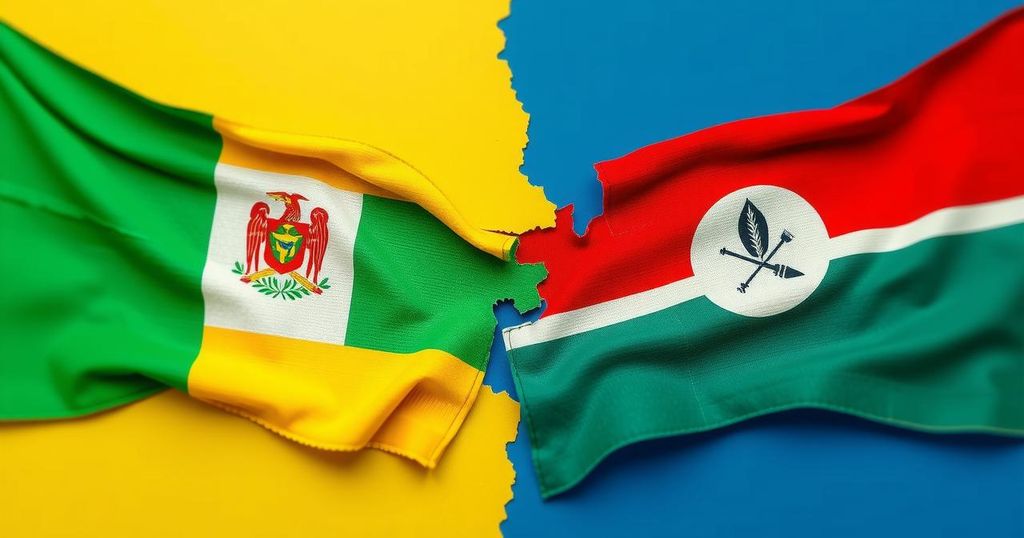Kenyan President William Ruto and Ugandan President Yoweri Museveni will mediate the escalating dispute between Ethiopia and Somalia, which threatens regional stability. This conflict has resulted in Somalia forming closer ties with Egypt amidst ongoing tensions over water resources. Previous negotiations have proven unsuccessful, highlighting the urgent need for effective resolution strategies.
In a significant development for regional stability, Kenyan President William Ruto, alongside Ugandan President Yoweri Museveni, announced their intent to mediate the ongoing dispute between Ethiopia and Somalia. This conflict poses substantial risks to the peace and security of the Horn of Africa, prompting intervention from neighboring nations. Ruto emphasized the importance of Somalia’s security for fostering a conducive environment for investment and economic activity within the region.
The tension primarily surrounds territorial disputes and issues of governance, which have escalated the relationship between Ethiopia and Somalia. Somaliland, a self-declared independent region since 1991, has yet to receive wide international recognition, complicating the situation further. Furthermore, Somalia’s leaning towards Egypt, which has been at odds with Ethiopia over the construction of a large hydroelectric dam on the Nile River, signifies the complexity of alliances in the region. Earlier negotiations held in Ankara, Turkey, were unsuccessful in producing a viable resolution to the conflict, highlighting the urgent need for effective mediation.
The Horn of Africa is a geopolitically sensitive area marked by a history of conflict and competition for resources. The region has witnessed various disputes, particularly between Somalia and its neighbors, notably Ethiopia. Somaliland, despite its significant autonomy and stability, remains unrecognized, adding to the intricacies of regional diplomacy. The actions of Kenya and Uganda to mediate signify an increased recognition of the need for collaborative efforts to maintain stability, particularly amidst rising tensions linked to resource management, such as the Nile waters. The involvement of Egypt in supporting Somalia against Ethiopia further complicates this landscape, illustrating how local disputes can pose broader implications for international relations.
The decision by Kenya and Uganda to mediate in the Ethiopia-Somalia dispute underscores the critical nature of regional cooperation for stability. With historical grievances and geopolitical tensions at play, such diplomatic efforts are essential not only for the immediate concerns of peace but also for fostering an environment conducive for economic growth. As the situation evolves, the effectiveness of this mediation will be closely monitored by regional and international observers alike.
Original Source: news.az






